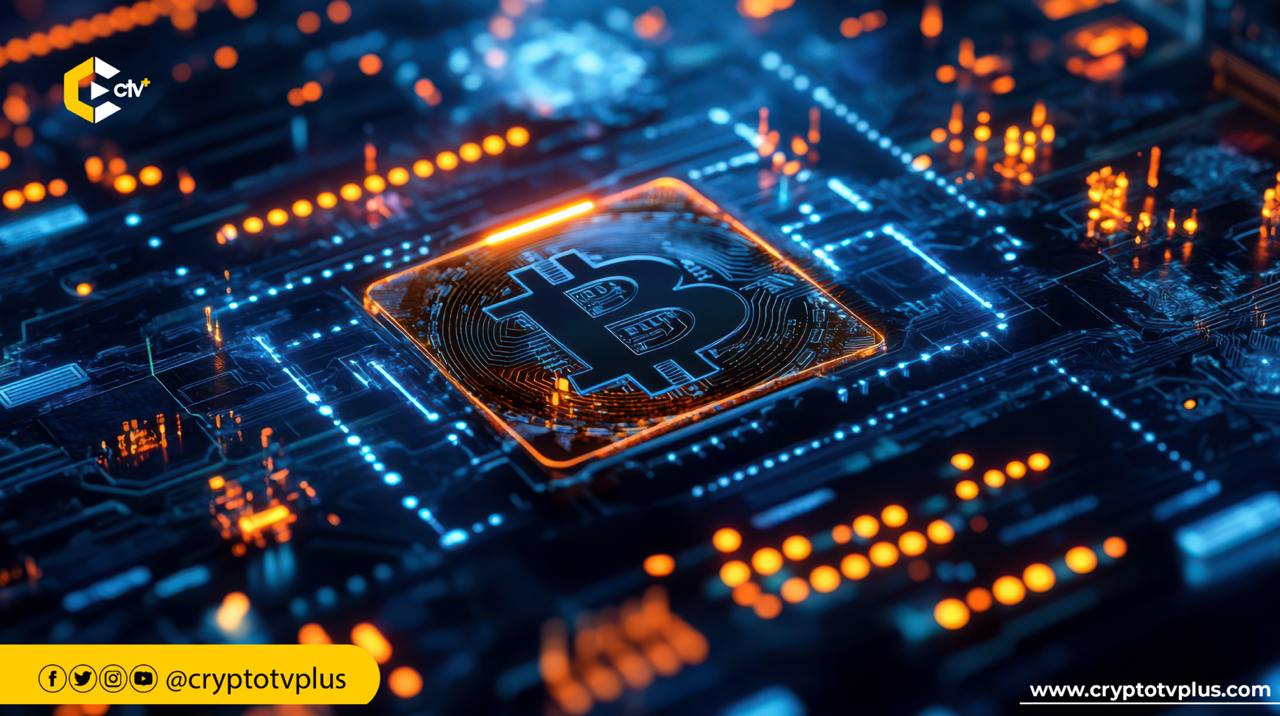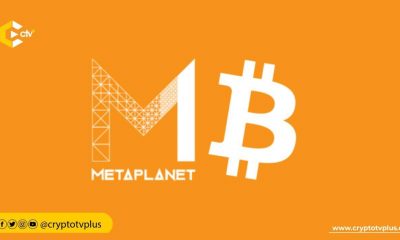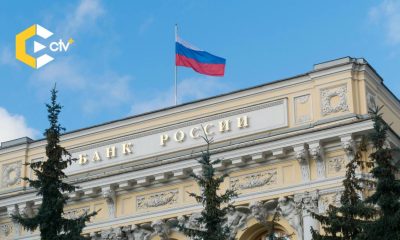News
The Role of Bitcoin in an AI-Dominated Future: Expert’s Insight

The interplay between artificial intelligence (AI) and crypto (bitcoin) is reshaping finance and technology. Starknet Foundation board member Eric Wall recently discussed the rapidly evolving intersecting world of artificial intelligence (AI) and cryptocurrency at the Token 2049.
As industries push toward artificial general intelligence (AGI), Wall explored the potential impacts of an “intelligence explosion”—a scenario where machine intelligence accelerates far beyond human capability.
Wall likened this concept to a chimpanzee understanding human intelligence: while a chimp might observe humans’ advanced capabilities, it lacks the foresight to comprehend what they will achieve. Similarly, he suggested, humans may be able to envision the concept of highly advanced AI but remain unprepared for its true potential and implications.
Wall explained that AI, especially through deep learning models, can extract intelligence from vast amounts of text data. He compared this to squeezing water from a sponge, where intelligence is distilled from information.
Yet, he warned that the quality of AI is fundamentally tied to its input data; poor data leads to substandard outcomes, much like the “garbage in, garbage out” principle.
As AI progresses, Wall sees a significant shift on the horizon for cryptocurrency. He speculated that investment interest could lean heavily toward AI, potentially diverting resources away from traditional crypto projects.
Wall argued that AI’s accelerated progress might capture the attention of investors looking for swift technological advancements, potentially leaving some blockchain initiatives behind in the race for innovation.
Despite this, Wall pointed out that cryptocurrency could still play a vital role in a world increasingly influenced by AGI. He suggested that in scenarios of global instability or potential currency crises, Bitcoin, as a decentralized and neutral currency, could become essential for international transactions.
However, for Bitcoin to remain relevant, Wall stressed the need for urgent advancements in scalability—without them, Bitcoin’s viability in a high-speed digital economy might be compromised.
One of Wall’s key concerns centered around the energy demands of AI-powered supercomputing clusters, which he noted could outstrip today’s Bitcoin mining operations.
Read also: Why Gold and Bitcoin are allies, not rivals
He foresees these powerful AI networks consuming significantly more energy, which could intensify the challenges of sustaining Bitcoin’s proof-of-work mining model. In contrast, he suggested, proof-of-stake cryptocurrencies might hold an advantage in this new era, as they require much less energy.
Moreover, Wall raised the issue of security risks for Bitcoin mining, especially as technology like drone swarms advances. He speculated that centralized mining farms might face new forms of attack from autonomous technologies, presenting a fresh challenge for the industry.
Wall also addressed the idea that AI and blockchain might one day unite to create a decentralized system for managing superintelligence. However, he remains cautious, noting the lack of robust tools today for overseeing or controlling AGI securely through decentralized systems.
Although the fusion of AI and blockchain offers intriguing possibilities, Wall emphasized that substantial technological breakthroughs are still needed to make this concept a practical reality.
























